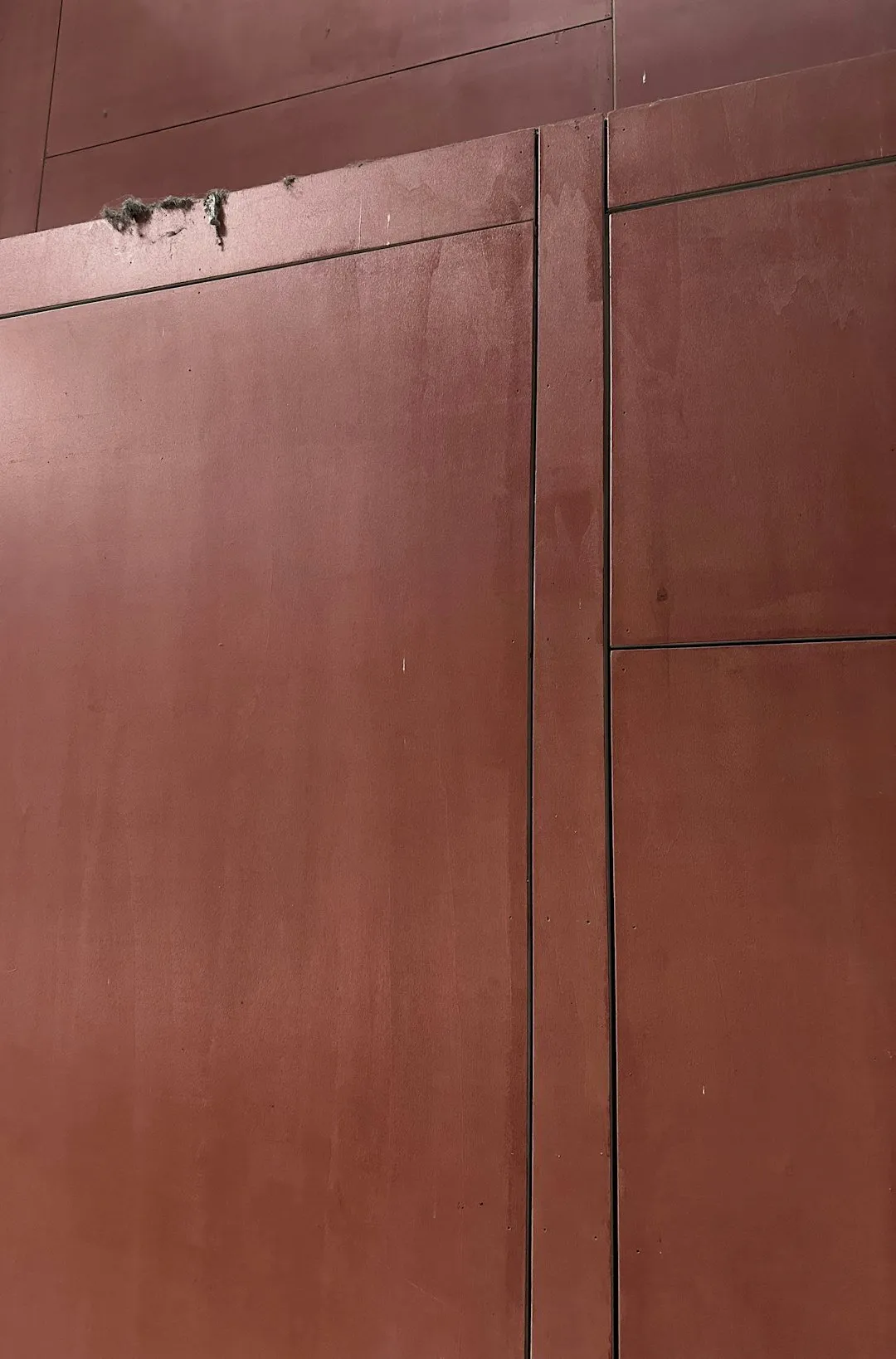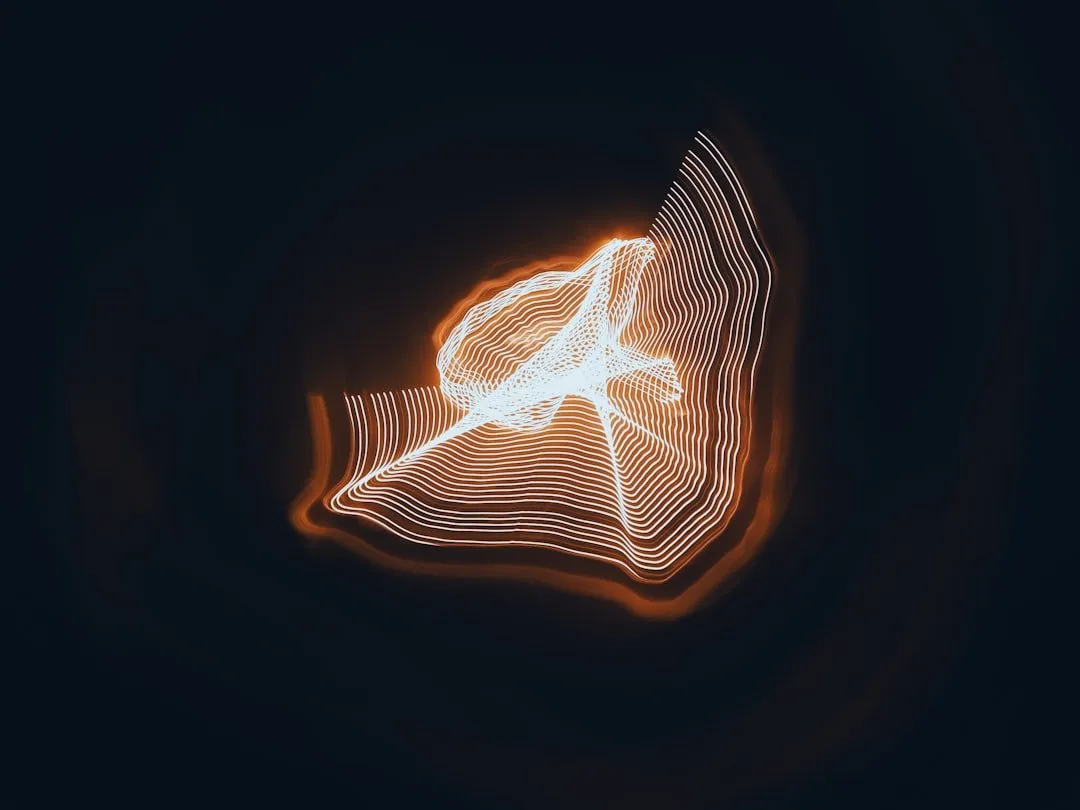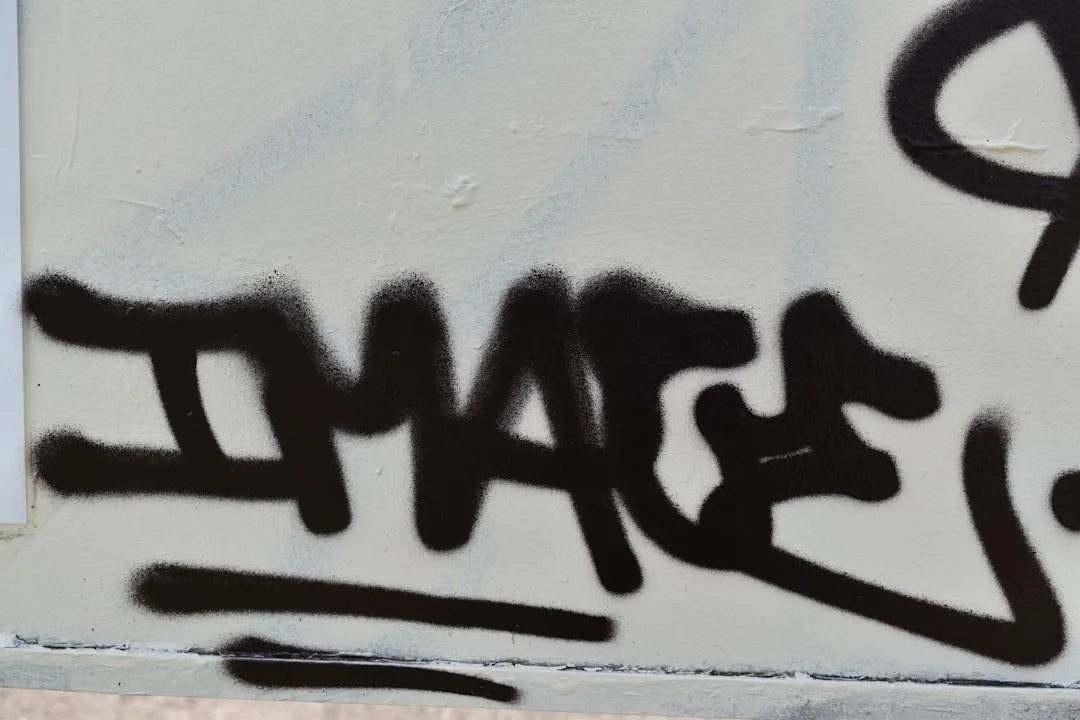Muscle soreness after exercise is caused by micro-tears in muscle fibers, often due to high-intensity workouts without proper warm-up or stretching. Red Bali kratom offers calming, anti-inflammatory properties for relaxation, while Maeng Da provides energy and pain relief but can be stimulating. Personalized workout routines and expert guidance on supplements like red Bali vs maeng da are key for effective recovery tailored to individual needs.
Experience lingering muscle soreness? Customized workout plans, paired with natural remedies like kratom, offer a holistic approach to relief. This guide explores the science behind muscle soreness, delving into the distinct effects of Red Bali and Maeng Da kratom strains on post-workout recovery. Learn how to tailor your routine for optimal results, harnessing the power of movement and natural botanicals to soothe aching muscles and speed up your return to peak performance.
- Understanding Muscle Soreness: Causes and Effects
- The Role of Kratom in Relieving Soreness: Red Bali vs Maeng Da
- Crafting Personalized Workout Routines for Optimal Relief
Understanding Muscle Soreness: Causes and Effects

Muscle soreness is a common occurrence after intense physical activity or exercise, often leading many to seek effective relief. Understanding the causes and effects of this post-workout discomfort is crucial in designing tailored strategies for muscle recovery. When muscles are subjected to new or increased stress, micro-tears form in the muscle fibers, resulting in inflammation and subsequent soreness. This process is a natural response to physical demand, but prolonged or severe muscle aches can impact overall well-being.
The intensity and duration of exercise play a significant role in muscle soreness. High-intensity workouts, especially when performed without proper warm-up or stretching, are more likely to induce discomfort. Moreover, different types of kratom strains like Red Bali and Maeng Da, though often discussed outside the context of workout recovery, can have effects on the body’s response to soreness. Red Bali kratom is known for its sedative properties, potentially aiding in relaxation post-exercise, while Maeng Da offers a more stimulating effect that might enhance focus during workouts but could also impact recovery if not used judiciously.
The Role of Kratom in Relieving Soreness: Red Bali vs Maeng Da

Kratom, a natural herb with analgesic properties, has gained popularity for its potential to alleviate muscle soreness. Among various strains, Red Bali and Maeng Da have caught the attention of fitness enthusiasts and individuals seeking relief from post-workout aches. Red Bali kratom is renowned for its calming and relaxing effects, derived from higher levels of 7-hydroxymitragynine (7-HMG), a potent active compound. This makes it ideal for reducing tension and inflammation associated with muscle soreness.
On the other hand, Maeng Da stands out for its energy-boosting properties while still offering effective pain relief. Its higher mitragynine content contributes to enhanced relaxation without the sedative effects sometimes associated with Red Bali. For individuals looking to maintain a dynamic workout routine without being hindered by soreness, Maeng Da provides a stimulating yet soothing experience. The choice between these two strains ultimately depends on personal preference and the desired outcome for muscle recovery.
Crafting Personalized Workout Routines for Optimal Relief

Crafting personalized workout routines tailored to muscle soreness relief is a nuanced art. Unlike one-size-fits-all approaches, these plans consider individual needs and recovery capabilities. A trained professional can design exercises that target specific muscle groups affected by discomfort, promoting blood flow and reducing tension. This targeted approach, often combined with proper stretching techniques and rest periods, offers more effective soreness relief than generalized routines.
In designing these personalized workouts, factors like activity level, fitness goals, and underlying health conditions are taken into account. For instance, a yoga practitioner experiencing soreness might benefit from enhanced flexibility exercises, while an athlete recovering from intense training could require strength-focused movements. Even natural supplements like red Bali kratom and maeng da kratom can play a role in post-workout recovery, though consulting with healthcare professionals for proper dosage and integration is essential.
In conclusion, understanding muscle soreness and its causes is key to developing effective recovery strategies. Customized workout plans, tailored to individual needs, play a pivotal role in alleviating discomfort. The article has explored the potential benefits of kratom, particularly Red Bali and Maeng Da, as natural remedies for soreness. By combining knowledge about muscle biology with tailored exercise routines and herbal supplements, folks can enhance their recovery process and optimize their fitness journey, finding relief from soreness without relying solely on traditional methods.














